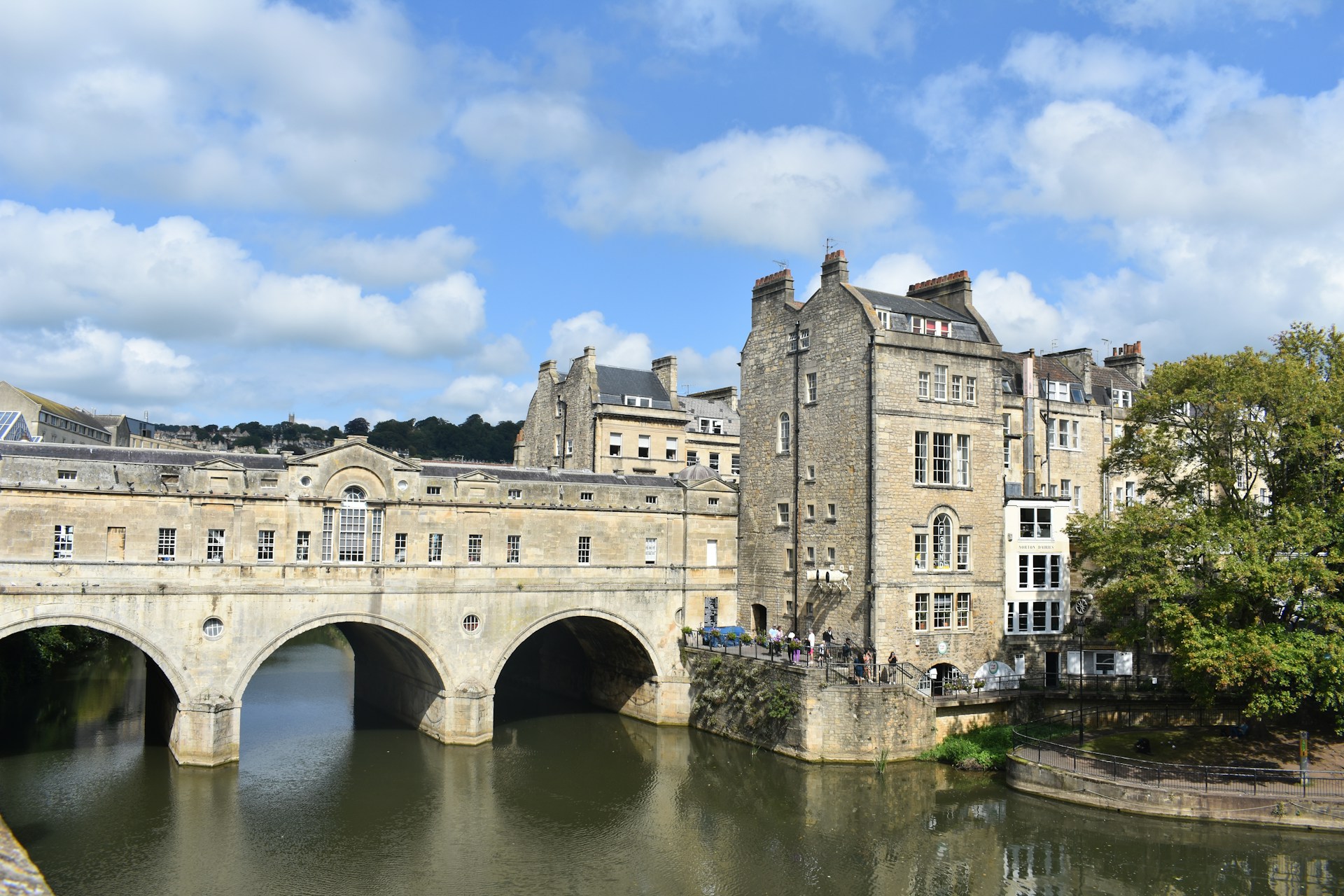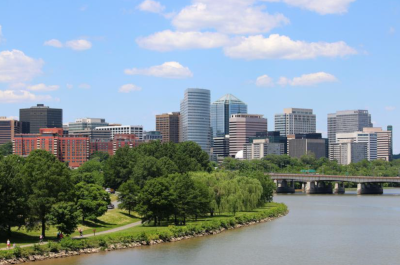While public sector bodies up and down the country are managing swingeing cuts, tax incentives (known as UK film tax relief) and local talent have led to a huge increase in filming on our local streets.
The industry has grown by 78% since 2014 and is now worth £1.6 billion a year. At the higher end, these productions are spending up to £100,000 a day in accommodation, catering, transport, and buying out businesses and homes for filming. All that spend is going directly into local pockets. When big productions choose locations in your area, it’s a huge cash injection to the local economy.
Let’s be clear this is just below the line spend – budget spent directly on the day at the location. It’s not including above the line spend on talent, writing or marketing. That’s a far higher number – often three quarters of total spend is above the line.
That’s also not factoring in the “feel-good” factor – the economic impact of increased tourism, of attracting more businesses to your area because of its enhanced reputation. “Brand London” is very much experiencing a renaissance thanks to its increased presence in the global imagination through big budget films and TV shows.
Hollywood blockbusters are becoming the norm in London streets. In just the last couple of months we’ve seen the premiere of Wonder Woman, American Assassin, Kingsman: The Golden Circle, The Hitman’s Bodyguard, Transformers: The Last Knight, War Machine, The Mummy… the list goes on and on.
In addition to its production spend, most filmmakers are also generously donating to local charities to thank residents when they have filmed in their streets. One resident group alone in Bromley bought bicycles for their local policemen, improved a children’s play area, the cricket green and pavilion. They’ve built two benches beside the cricket green and repaired another bench by the bus stop. They bought Christmas lights for Orpington High Street. And supported the air ambulance. Donations in other areas go toward street parties to being the community together, planting in local squares and communal gardens, free concert, supporting community centres, libraries and activities, in one case it went toward a blue plaque. A Camden housing estate spent a donation from Kingsman: Secret Service on their rooftop bee hives, whose honey sells out each year in a flash at their resident market.
We’ve had residents making soup for Meryl Streep when she was filming in their home, tea for Helena Bonham Carter. And one council tenant welcomed Tommy Lee Jones into his home for use as a green room, where they sat and chatted.
Even more importantly, productions are offering local young people a leg up in the business, providing work experience and entry-level job opportunities. This has become the norm and we’ve seen it with productions from James Bond: Spectre, American Assassin, Criminal, Our Loved Boy, The Durrells and Guerrilla, just to name a few.
So, it’s a great opportunity for your residents.
The fact is though that many councils aren’t proactively engaging in this opportunity and even less are aware of the required codes of practice. This was my experience when I first took on the Film Officer role at Southwark Council in 2004.
Apply4 Tech’s flagship product FilmApp was designed specifically in response to this, to help local councils ensure they are attracting their share of the film business into their areas, managing its rapid growth in a transparent fashion, ensuring that it benefits residents as much as possible and remains sustainable.
And it’s not just available to councils. Any body which would like to offer its location space to the film industry benefits from FilmApp. Peabody Estates, Millwall Football Club, heritage trusts and others are among our client list.
The technology creates a cohesive workflow, making sure that permitting is not completed until all the necessary parts are in place, from checking insurance, to cross-council or cross-departmental approval, to making sure residents and all the relevant authorities have been consulted. The Met Police, Civil Aviation Authority, Transport for London, Road Traffic Authority or any other body affected can been contacted and engaged with the help of this system. It can store the details of relevant resident groups and other private land owners who might be affected. It notes whether children are working on the shoot and whether they’re licences are in place, licensed armourers if needed, and so on.
The system takes online payments – meaning location managers who are often on the road, can manage payments via the app on their phone or iPad from their car. And it generates reports for you, using live data. At any time the dashboard will show you how many filming days have been booked in any period and how much revenue this has generated.
Do come along to my presentation at the Public Sector Show where I’ll discuss the film opportunities good technology can offer your council in more detail.
For more background on the increasing value of the film industry at a local level take a look at the following links:




